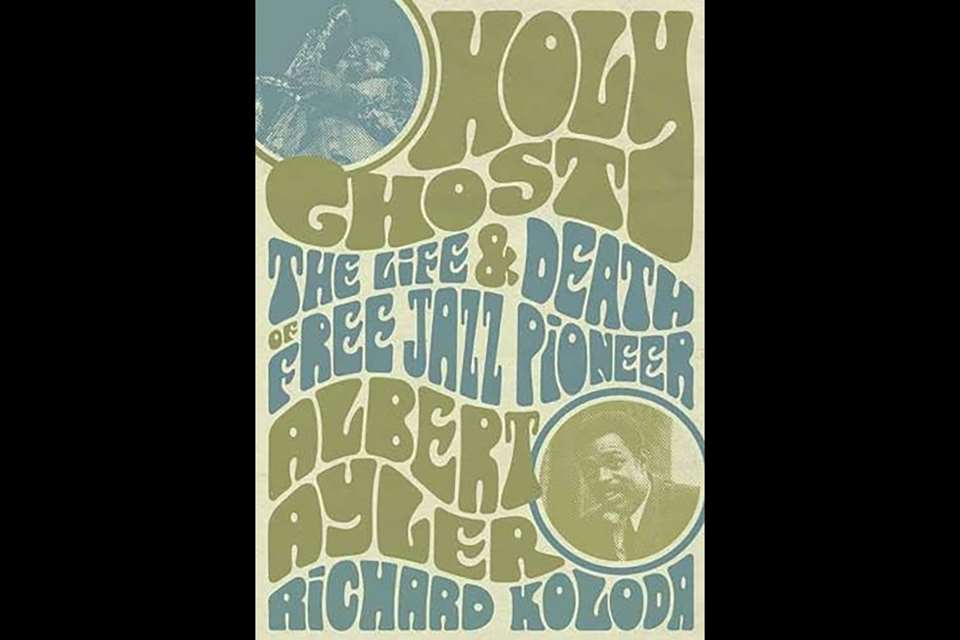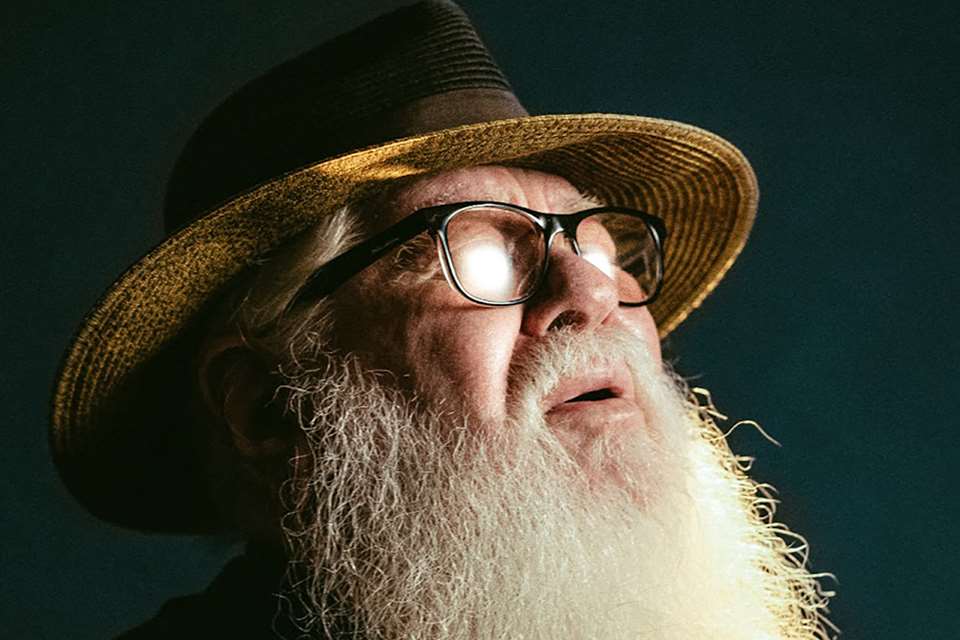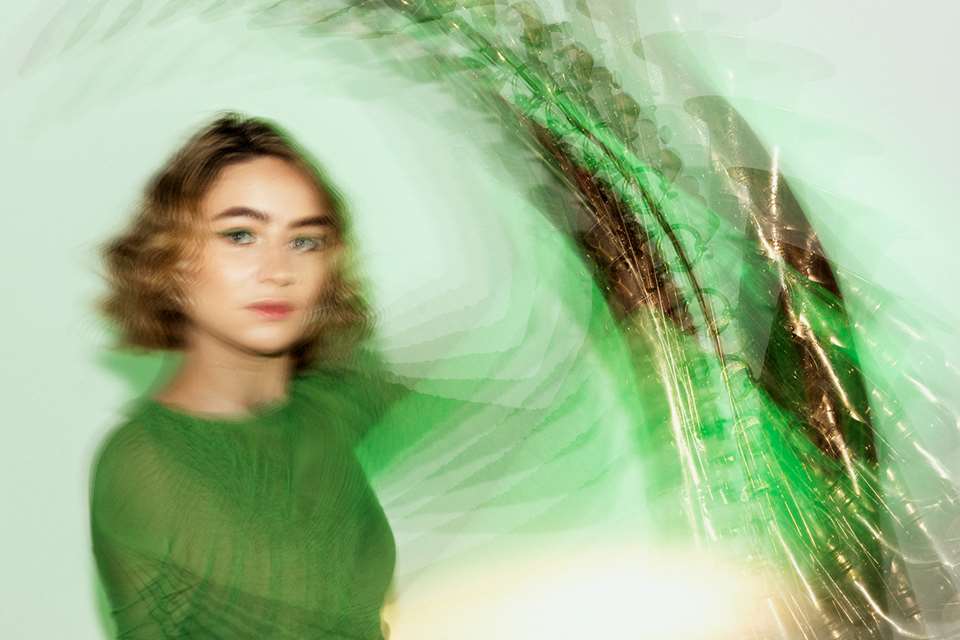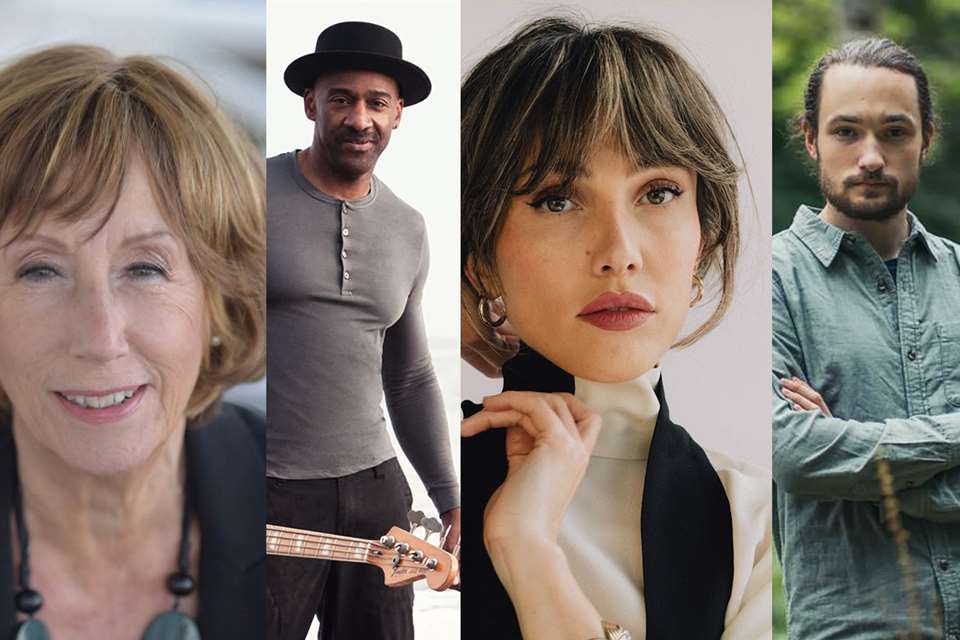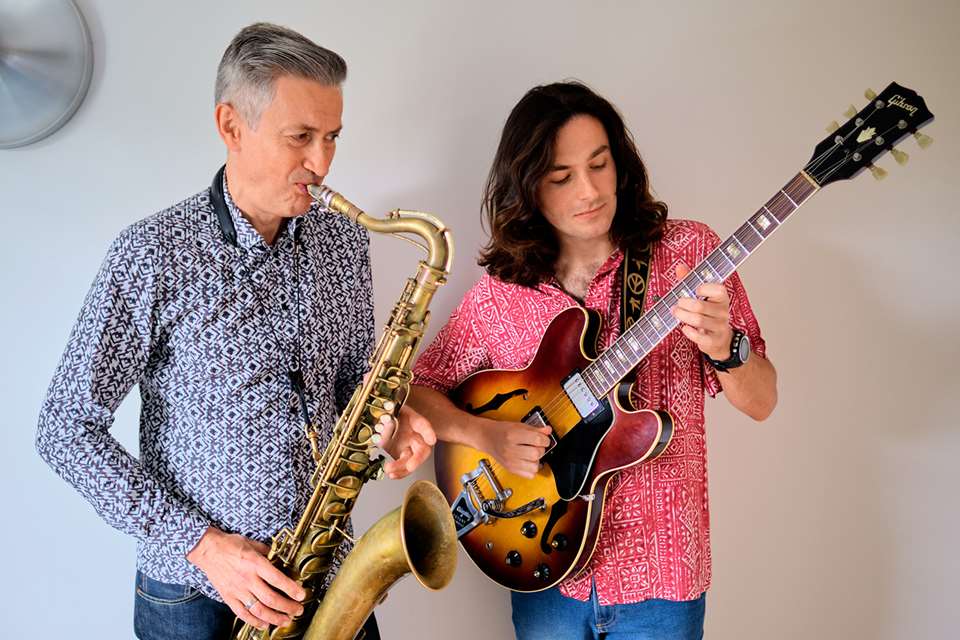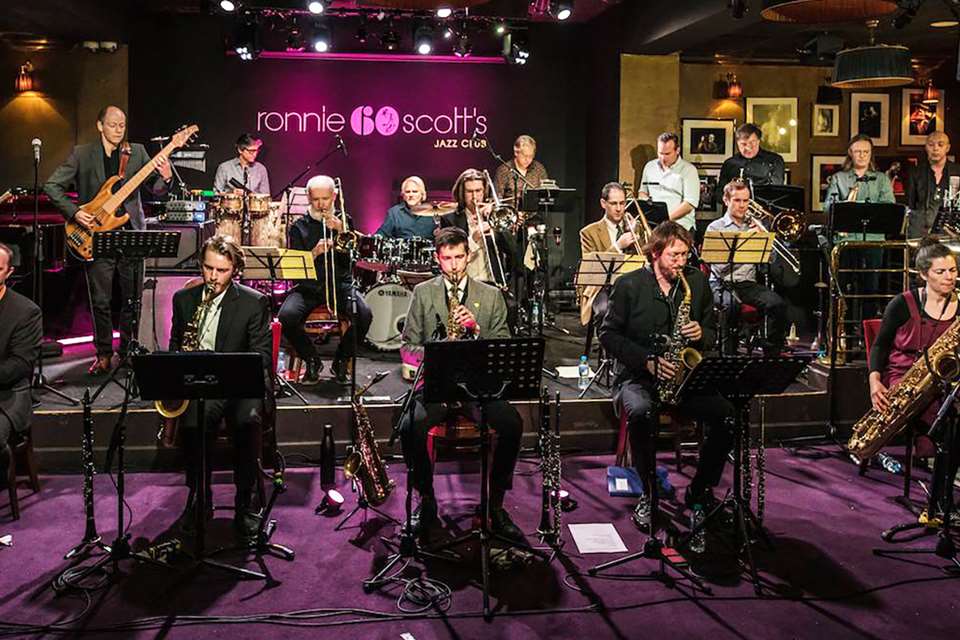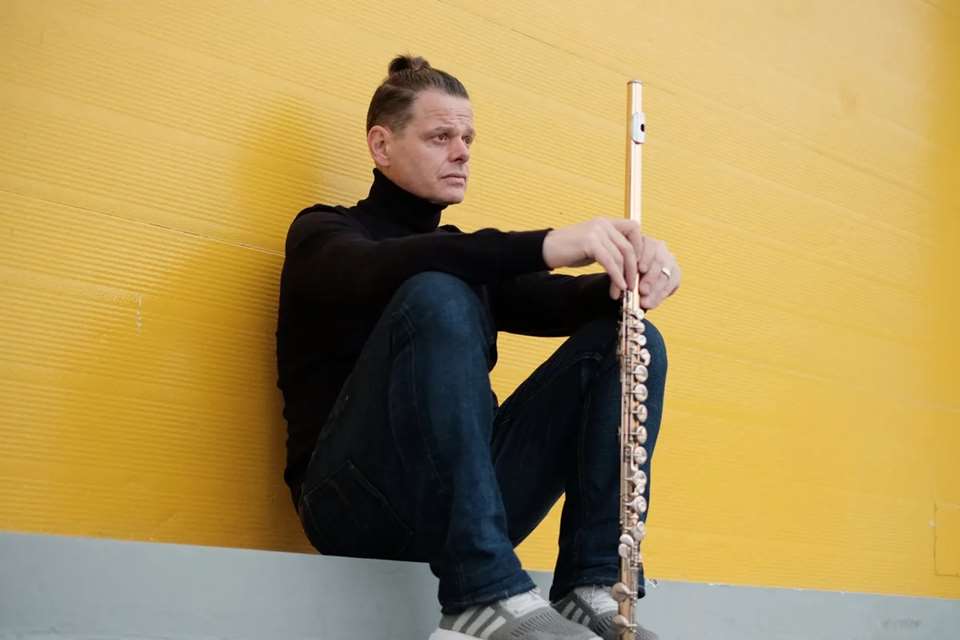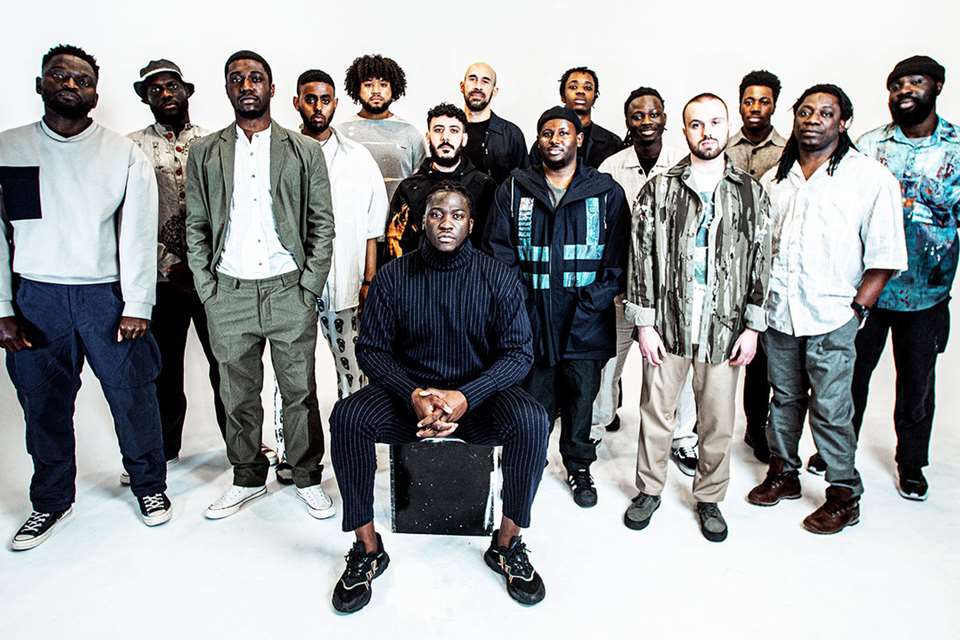Alina Bzhezhinska interview: “My goal is to make music that no one expects from a harpist”
Jane Cornwell
Tuesday, October 25, 2022
As a teenage girl in 1990s Ukraine, Alina Bzhezhinska loved nothing more than compiling her favourite music onto cassettes, before she discovered jazz, the sonic riches of the harp and the music of Dorothy Ashby and Alice Coltrane. For her much-anticipated second album, Reflections, the harpist has revived this curatorial approach and drawn together her own personal universe of sounds
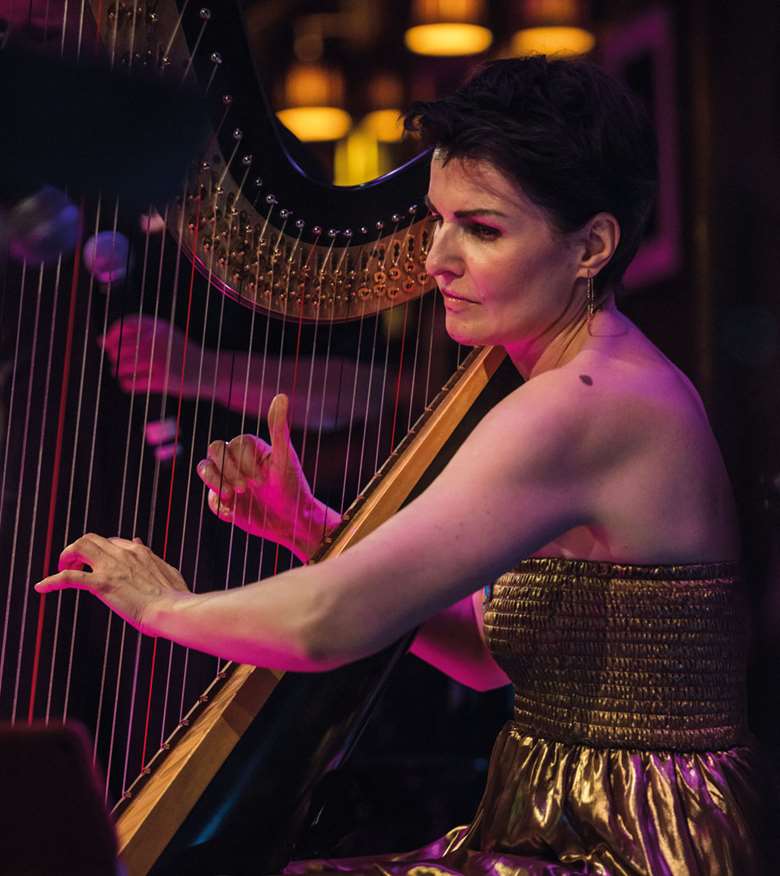

Register now to continue reading

Thank you for visiting Jazzwise.co.uk. Sign up for a free account today to enjoy the following benefits:
- Free access to 3 subscriber-only articles per month
- Unlimited access to our news, live reviews and artist pages
- Free email newsletter
